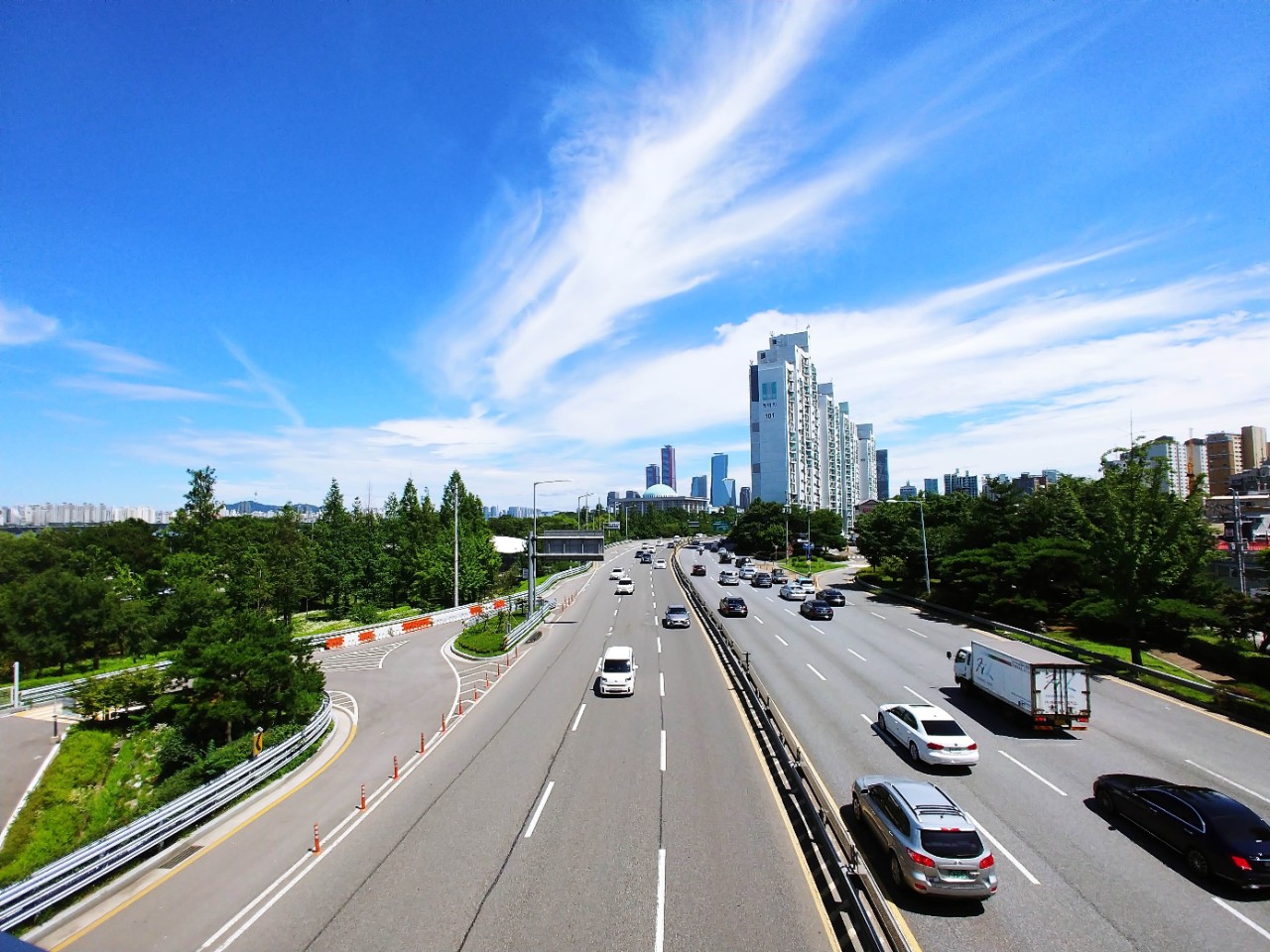
Columbus Dispatch: Reduced traffic means less money for road maintenance
Travel patterns have changed since start of COVID-19 pandemic
One of the lingering effects of COVID-19 has been fewer cars on roadways, which could have significant effects on businesses, commuters and taxpayers, the Columbus Dispatch reported.

Munir Nazzal, professor of civil engineering
Car traffic is down 6% to 9% compared to 2019, according to the Ohio Department of Transportation. Truck traffic is up between 10% and 13%, though, as more people rely on online shopping. Overall traffic is down 4%.
With fewer drivers on the road, governments will receive less money from gasoline taxes to maintain roads.
"There will be less consumption of fuel specifically from passenger cars," said Munir Nazzal, a professor of civil engineering at the University of Cincinnati. "This means that you will have less money to maintain roads."
To deal with the reduced revenue and heavier truck traffic, researchers are seeking stronger materials for roadways.
“The goal always is to increase the service life of the roads,” Nazzal said.
Read more from the Columbus Dispatch.
Featured image at top courtesy of Unsplash.
Impact Lives Here
The University of Cincinnati is leading public urban universities into a new era of innovation and impact. Our faculty, staff and students are saving lives, changing outcomes and bending the future in our city's direction. Next Lives Here.
Related Stories
Engineering students showcase capstone projects at CEAS Expo
May 6, 2022
Graduating engineering undergraduates from the University of Cincinnati’s College of Engineering and Applied Science gathered for the inaugural CEAS Expo in April to showcase their senior capstone projects to more than 500 attendees, including faculty, staff, alumni and industry representatives. The event, organized by the college and CEAS Tribunal student government, was held in downtown Cincinnati at the Duke Energy Convention Center.
